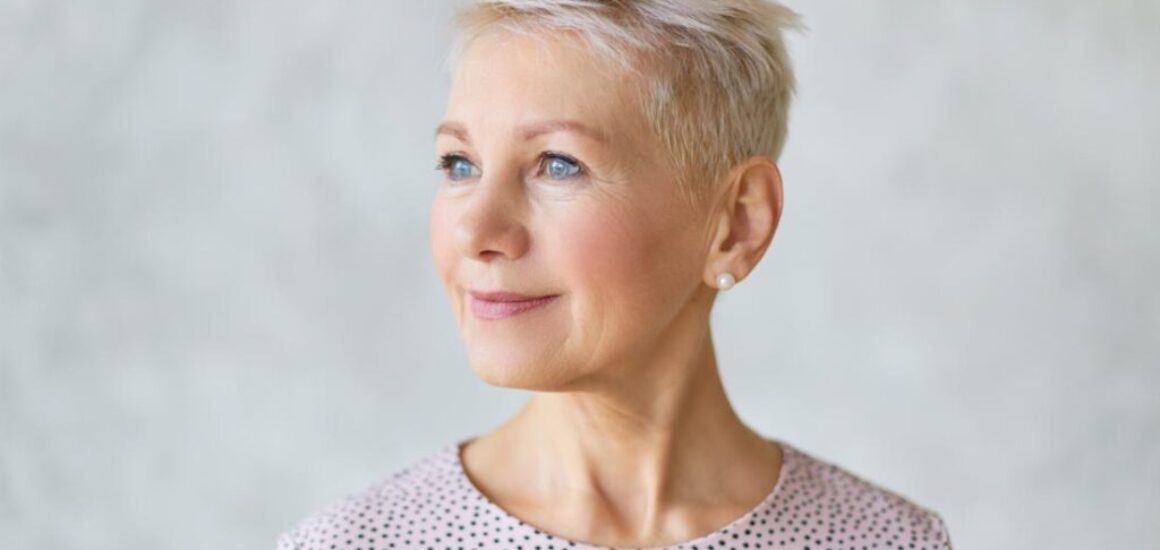Blog hair loss skincare tips
Hair Loss During Menopause
Menopausal hair loss isn’t often talked enough, but it is an issue for a lot of women entering this phase of their life. Having more androgens in the body is one of the main causes of menopausal hair loss, and this causes hair growth to be slower and the strands to be weaker and smaller. This type of hair loss also happens gradually and can last for many years.
Here are four things that can help with menopausal hair loss:
- Managing Stress – One of the major hair loss triggers is stress. This can be from physical causes like surgeries, illnesses, thyroid problems (which can be common during menopause), or even emotional/psychological causes. The term for the hair loss associated to this is called telogen effluvium. Keeping your stress levels in check, especially during menopause when your hormones are fluctuating, is especially important. Having coping methods for stress is key to this – whether it be exercise, eating well, doing meditation, getting proper rest, or all of the above, it’s important that you mange it.
- Limiting The Use of Chemical Treatments – Hairstyles like perms and straightening require the use of various chemicals that modify the hair’s composition. Prolonged use of these chemicals can lead to inflammation of the scalp, which does cause hair loss when the structures around the hair strands are weak. Combining these with heat treatment can severely damage not only the hair strands but also the scalp on the long-term. Stick to heat treatments only a couple of times a week, and if you are going to be using heat to style your hair then use a heat protectant to make sure your hair stays strong and healthy.
- Changing Up Hair Routines – Sometimes the old haircare routine that’s been handy for the past couple of years may not be cutting it anymore. Menopause can change the overall composition of the scalp and how your hair behaves, meaning that you might end up having either dryer or oiler scalp and hair when you didn’t have that before. You really have to examine your hair to see if your old shampoo is causing any type of irritation, or if your brushing technique is causing more and more hairs to fall out. If it does, then maybe it’s time to switch to a gentler shampoo, or to use a comb more appropriate for your menopausal hair. The amount of times you wash your hair might have to change too, because the natural oils produced by your skin may have drastically reduced, making your hair more dry.
- Frequent Dermatologist Consultations – Your dermatologist will help you pinpoint exactly what may be triggering your hair loss, and how you can treat it. They will carefully examine your hair and your scalp, and ask you questions about changes in your lifestyle, and they will recommend treatments and medications to help. Some treatments that are done in-office include platelet-rich plasma microneedling that’s specifically done to promote hair growth. This revolutionary treatment uses your blood’s own growth serums to boost your scalp’s ability to produce healthier hair strands. Your dermatologist can even prescribe medication to specifically treat hormonal hair loss, and even recommend oral supplements.




